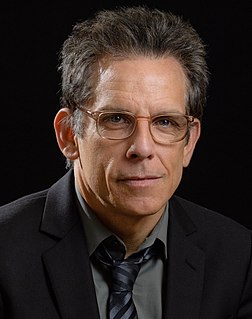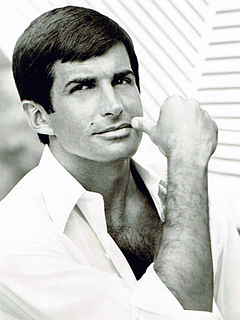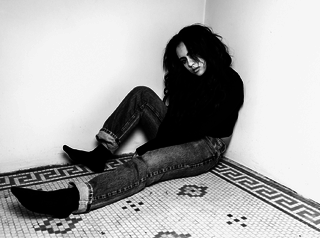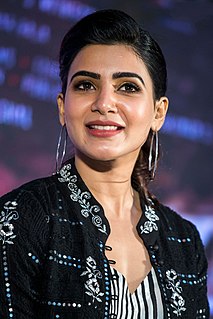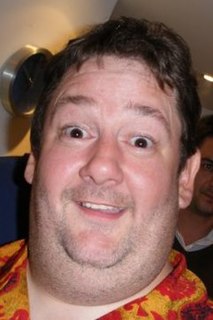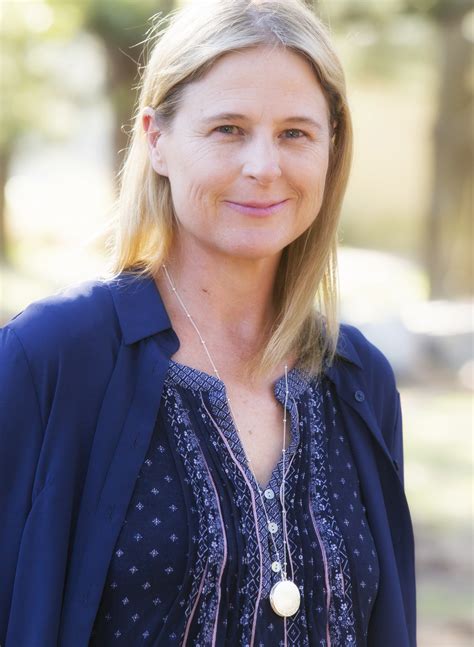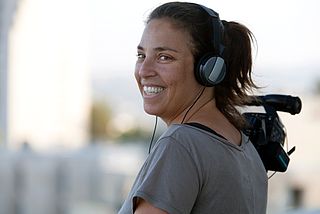A Quote by Roger Ebert
There are often lists of the great living male movie stars. How often do you see the name of Nicolas Cage? He should always be up there. He's daring and fearless in his choice of roles, and unafraid to crawl out on a limb, saw it off and remain suspended in air.
Related Quotes
The script is a starting point, not a fixed highway. I must look through the camera to see if what I've written on the page is right or not. In the script, you describe imagined scenes, but it's all suspended in mid-air. Often, an actor viewed against a wall or a landscape, or seen through a window, is much more eloquent than the lines you've given him. So then you take out the lines. This happens often to me and I end up saying what I want with a movement or a gesture.
At MGM there was a script cage in the basement where they’d show rushes. And I thought to myself, “How do I get into the script cage and find out what my future is?” I climbed into the script cage one night and spent the whole night in there. I saw the bowels of MGM. I saw the studio scripts that the producers had seen; the writers had just handed them in. And I started thinking this is a chance to pick my own roles.
I have realized that you can close yourself off to life if you put walls up, but it's a difficult thing ... You can't see over, people can't see in, and you also can't see out. So I've gotten quite comfortable with just being unafraid. I keep saying the same thing: it's not about being fearless but really just embracing the fears and using them.
There was always that thing with 'Johnny' - I always saw myself as his writer and PR. But when he got out there, I had no control. His whole thing was going off on those flights of fancy. Going, 'Let's see what we can possibly do that hasn't been done before up here.' And when it works, it's lovely; it's a great night.
I saw your name in lights last night. It's the middle of the night, and I can't sleep, thinking all my trumpeting thoughts, and I get out of bed, open the curtains, and look into the night full of stars, and you know what I saw? Your name. Like the stars joined up and spelled the word for me. Like a sign.
Theater roles are written by the great masters. The greatest literature that you can possibly know are the theater roles like King Lear, Hamlet, and all of those great roles. So all you do is you dive into these unchallenged roles and see how far you can get, what kind of accolades you can get, and how good you can be in them. In movie roles, you can actually improve them by knowing a lot about your own stage technique, which helps a great deal in the cinema and how you can project inner humor even though the particular dialogue is not necessarily funny, but you can infuse it with humor.
I remember standing on a street corner with the black painter Beauford Delaney down in the Village, waiting for the light to change, and he pointed down and said, 'Look.' I looked and all I saw was water. And he said, 'Look again,' which I did, and I saw oil on the water and the city reflected in the puddle. It was a great revelation to me. I can't explain it. He taught me how to see, and how to trust what I saw. Painters have often taught writers how to see. And once you've had that experience, you see differently.
Can you just saw his arm off while we're here and get me loose? (Amanda) I could do that, but he needs his more. I'd cut yours off before I did his. (Tate) Oh, great, what are you, his Igor? (Amanda) Wrong movie, Igor was Frankenstein's flunky. Renfield is the one you're thinking of, and no, I'm not Renfield. Name's Tate Bennett. Parish coroner. (Tate)

